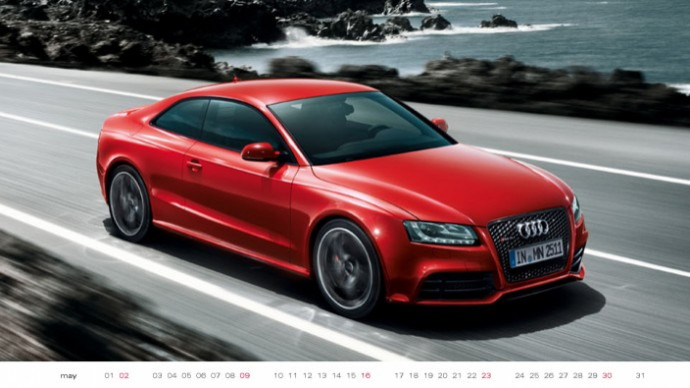Audi to launch plug-in hybrid cars in 2014

German luxury carmaker Audi AG is planning on venturing into electric car business. The company plans to become the leading premium seller of electric vehicles by 2020.
By 2020, we want to be the leading premium seller of electric vehicles, Franciscus van Meel, Audi's manager for electric mobility strategy, said at a recent technical workshop at the company's headquarters in Ingolstadt, Germany.
We will successively bring out a variety of hybrid models and electric vehicles, such as our first plug-in hybrid in 2014, he said, without sharing more details on the plug-in hybrid.
Though Audi did not share more details on the plug-in hybrid planned for 2014, Audi's alternative powertrain plan includes full-hybrid versions of the A6, A8 and the Q5. The A8 and the Q5 shall see their worldwide launch by 2011 end and the hybrid A6 will be released in 2012. Audi also has plans to launch electric versions of its super cars, the first of which shall be the limited-edition battery-powered e-tron version of the R8, various media reports said.
Earlier this year, Michael Dick, Audi's board member for technology had said that it wants to increase the efficiency of its internal combustion engines by 30 percent and wants 5 percent of the brand's lineup to be electric.
To help it meet that goal, Audi recently opened a 65 million euro (about $89 million), 150,000-square-foot electric-drive development and test center at its headquarters. It plans to hire 840 people to help develop electric powertrains and batteries.
According to a recent report from Bloomberg New Energy Finance, plug-in electric vehicles, including plug-in hybrids and battery electric vehicles, have the potential to make up 9% of auto sales in 2020 and 22% in 2030 (1.6 million and 4 million vehicle sales respectively).
The governments across the world have set aside billions of dollars in the form of subsidies for early adopters of these alternative energy cars and to boost production of batteries for such vehicles despite persisting doubts about how many people would actually buy them.
The Department of Energy said it is investing $2.85 billion in electric vehicles of which $2 billion will go to help US carmakers produce advanced vehicle batteries and drive train components. Around $400 million will be invested to buy, test, and deploy different types of electric vehicles in the marketplace, and $300 million in cost-share projects under the 'Clean Cities' program.
© Copyright IBTimes 2025. All rights reserved.





















